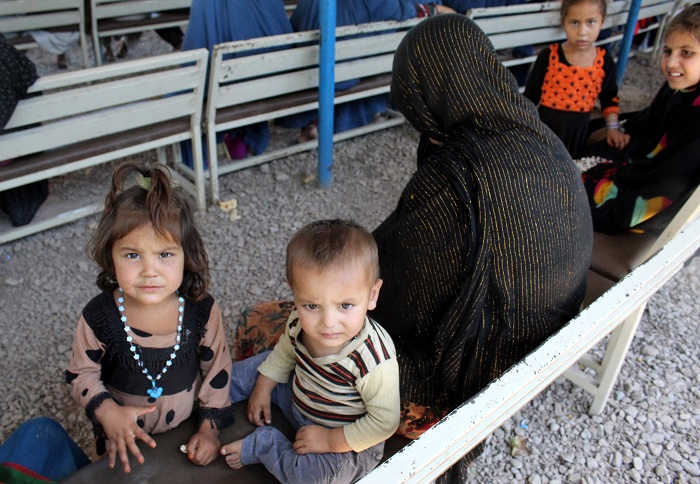Return of Afghan refugees possible amidst worsening situation
Published : 13 Jun 2017, 02:11
Updated : 13 Jun 2017, 10:57
The situation in Afghanistan, Iraq and Somalia continued to be unstable and has worsened in certain areas but return of refugees is still possible to Kabul, Afghanistan, said Finnish Immigration Service.
Immigration Service has updated its reviews of the security situation in these countries where it said that the level of violence in Afghanistan has risen to an extremely high level in even more areas than before, said a Migri press release.
Asylum seekers from all countries are always granted international protection if they are at risk of personal persecution or serious harm in their home country.
The security situation in Afghanistan remains unstable and unpredictable. The conflict has spread to an even more extensive area, but the majority of the fighting is still in the southern and eastern parts of the country.
In early 2017, there was a slight year-on-year decline in civilian casualties, but an exceptionally destructive bomb attack in Kabul on 31 May 2017 increased the numbers of fatalities and wounded.
The number of people who have been forced to flee conflict internally has been clearly lower than in 2016.
The threat of arbitrary violence is extremely high in certain areas of the country, and no one will be returned to those areas. These areas are: Helmand Province, the Tirin Kot and Dehrawud districts in Urozgan, southern districts of Nangarhar: Achin, Kot, Deh Bala/Haska Mina, Nazyan, Chaparhar, Bati Kot and Pachir wa Agam.
Somalia has suffered a serious drought and humanitarian crisis this year. Millions of people need help, but famine has so far been avoided thanks to relief action.
Humanitarian protection was removed from the Aliens Act in May 2016, which means that a residence permit can no longer be granted on the basis of environmental catastrophe alone.
The situation in the capital Mogadishu continues to be unstable and there are also attacks with civilian casualties.
The security situation in Iraq varies throughout the country. The most problematic area is still Mosul, which the Iraq government is attempting to take from ISIS control. The battle is ongoing and ISIS still controls districts in the northeast of the city.
The threat of violence on active front lines, such as Mosul and Tel Afar to the west of Mosul, is extremely high. Therefore, no one will be returned there.


